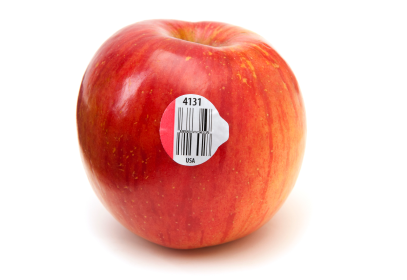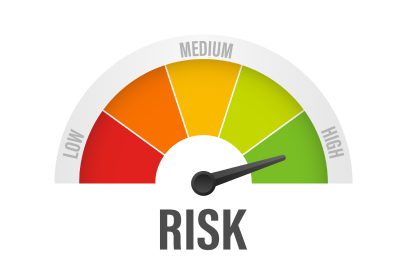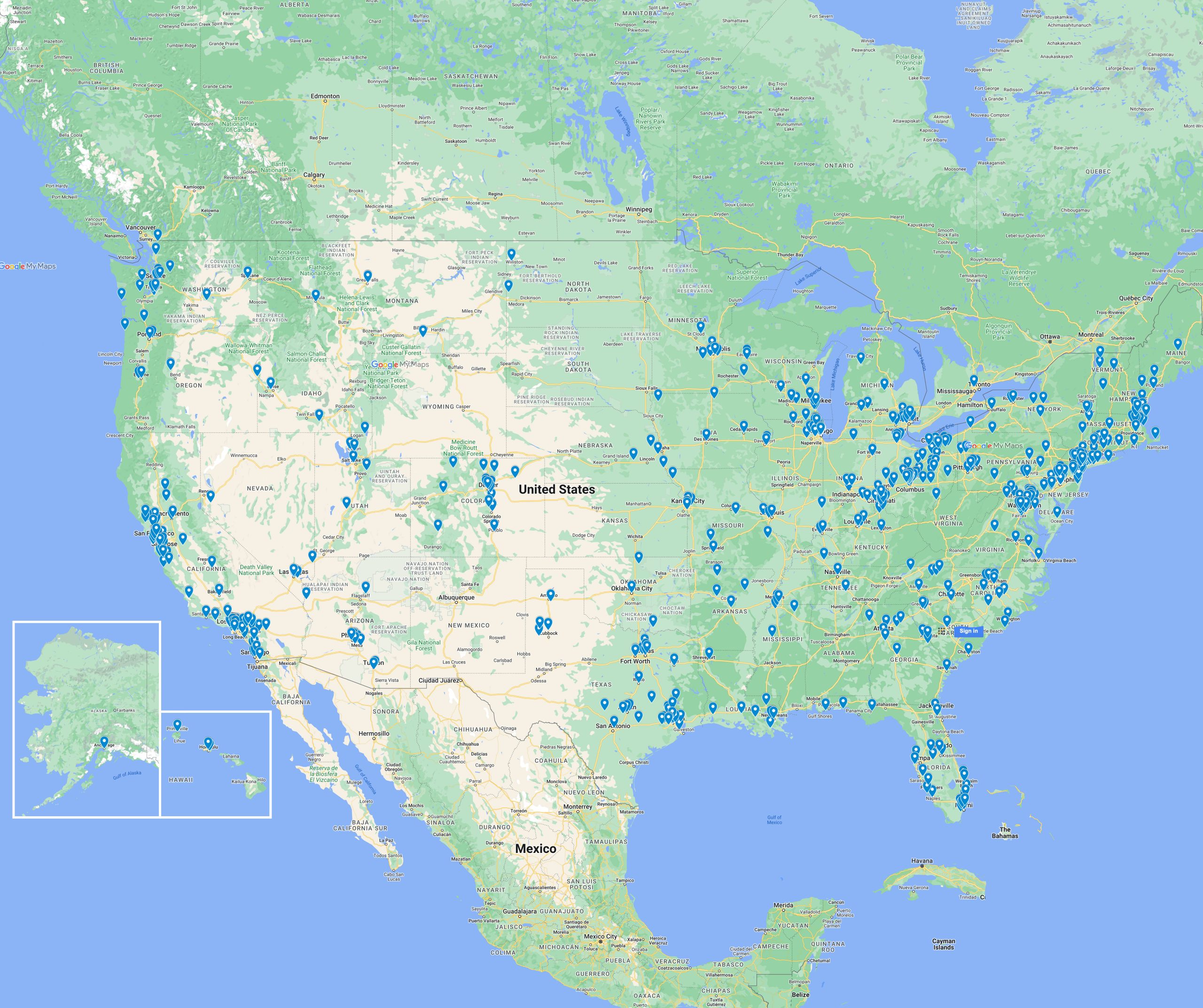A traceability exercise is a test of a site’s entire traceability system from receiving, processing, packaging, and through finished product shipment. Traceability exercises should be performed at a defined frequency, such as annually, and should include both forward and backward tests. When conducting a traceability exercise, sites should attempt to trace ingredients or finished products as well as less commonly considered materials like labels, processing aids, or rework. A traceability exercise is considered successful if it can be completed within four hours of initiation and recover at least 98% of products or materials, including shrinkage and waste.
Though often used interchangeably, traceability exercises and mock recalls have different uses. Mock recalls are tests used to evaluate a site’s recall program. A recall program ensures that a site can not only trace materials and finished products, but that the logistics of supplier or customer notification, internal and external communications, and disposal or destruction processes are prepared for a recall event. Mock recalls should include important activities such as the verification of contact information for customers, suppliers, and regulatory resources, development of communications to external parties (i.e. media), and evaluation of disposition of the recalled material or finished product.
In our next video in the Traceability series, we discuss the traceability and mock recall requirements in the major GFSI schemes.
Subscribe to our YouTube channel or follow us on LinkedIn to be notified of new educational food safety resources.








